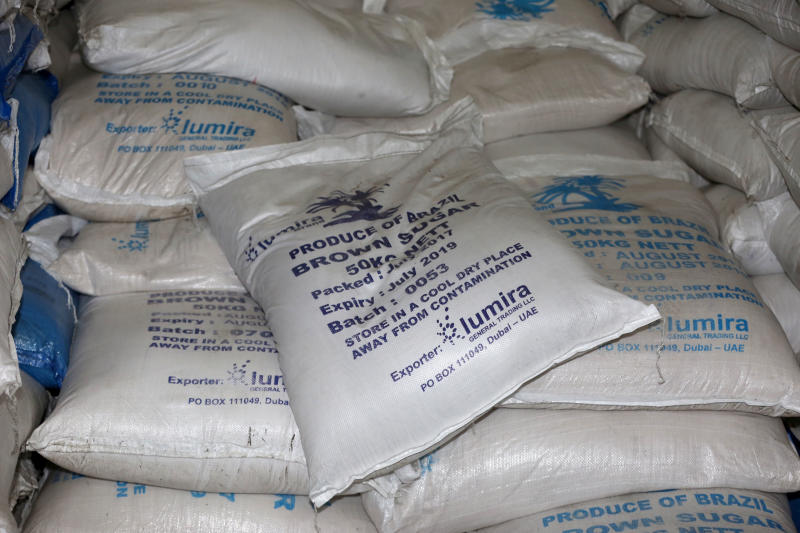×
The Standard e-Paper
Smart Minds Choose Us

NAIROBI, KENYA: The sugar that was brought into the country last year, and which has since kicked off a storm, now threatens to isolate Kenya from some of her key African trading partners.
Kenya is at odds with her peers in the East African Community (EAC) and the Common Market for Eastern and Southern Africa (Comesa).